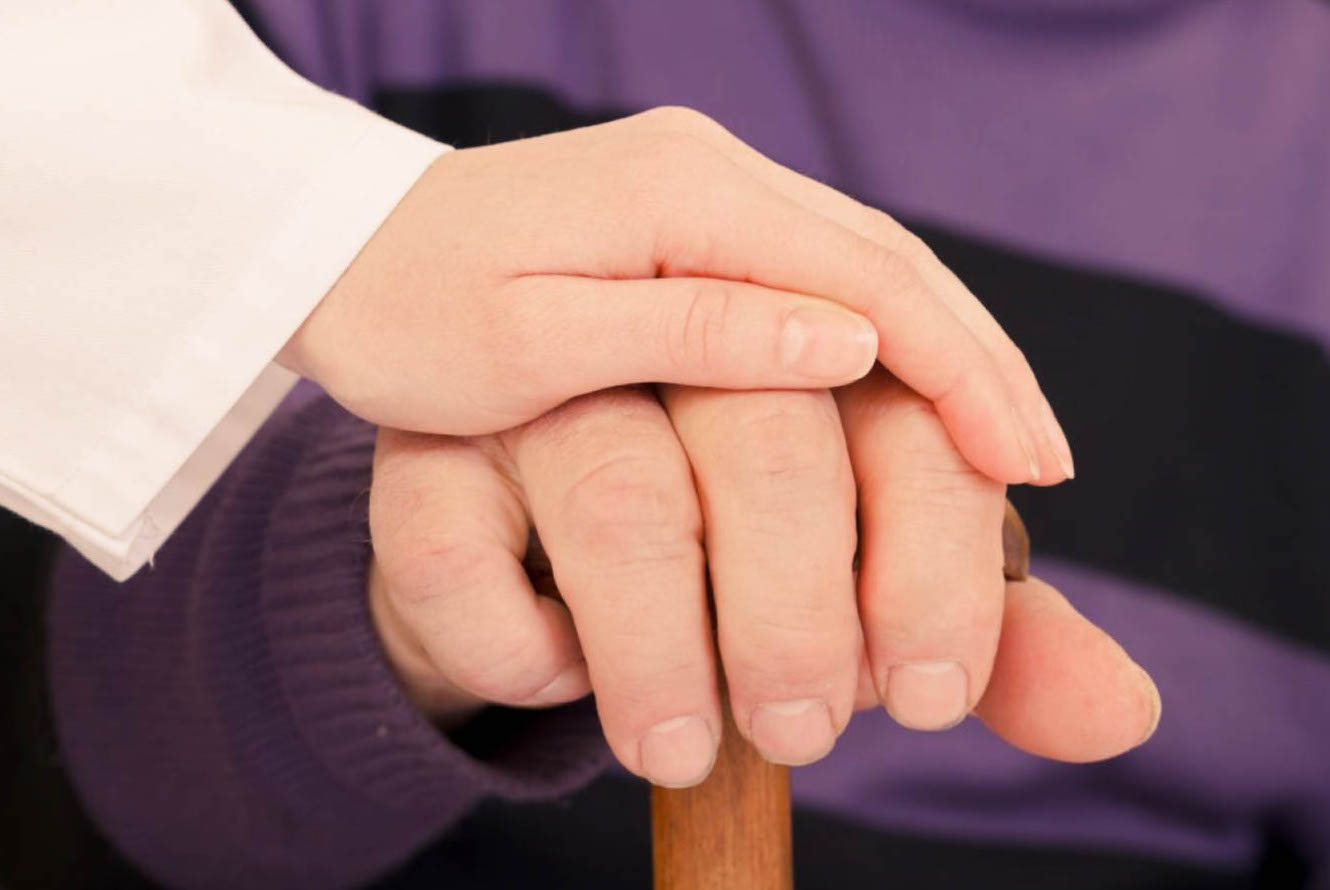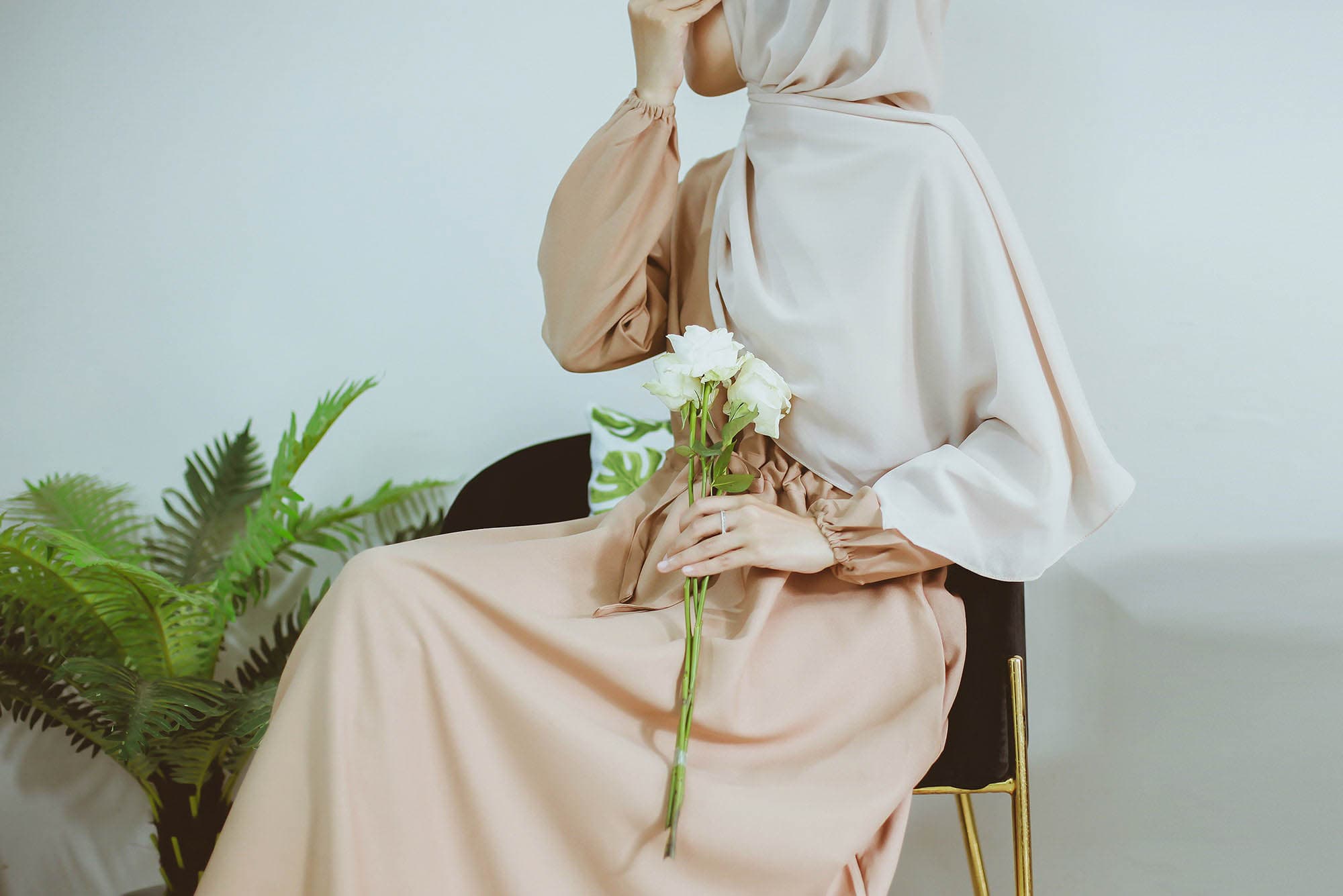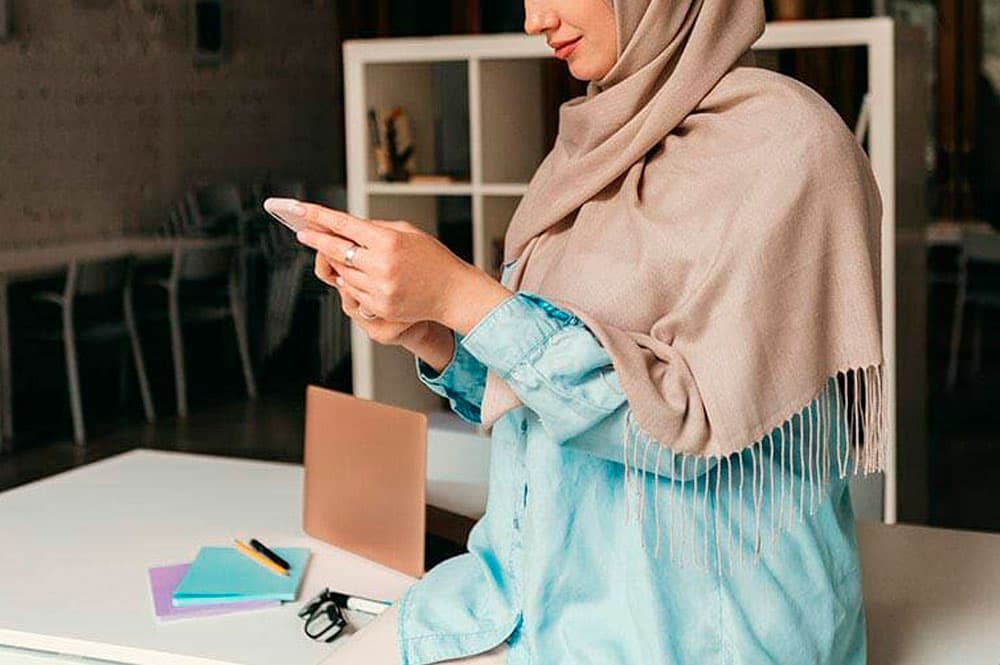Communication between the potential bride and groom, both in real life and on our website, must take place with the consent of the guardian. The guardian should be aware that you have registered on our site for the purpose of nikah.
Who is the guardian? Why is it so important? And what is his role in the process of Muslim marriage?
Rights and obligations of the guardian (Wali)
The Messenger of Allah (peace and blessings of Allah be upon him) said:
«There is no nikah without a guardian.» (Abu Dawud 2085, Tirmidhi 1101, Ibn Majah 1881, Ahmad 4/394, 413).
From this hadith, scholars concluded that a marriage conducted without the participation of a guardian is considered invalid. Let’s look at what his role is.
Who is the wali (guardian)? He is the man who represents the interests of a woman during courtship, engagement and nikah. He is also involved in the choice of the future husband.
It is the guardian’s responsibility to get acquainted with the potential groom and collect information about him. For example, he must check whether the man is a good Muslim, whether he has dangerous diseases, if he has any bad habits, and also what his character is. If he has bad and short temper, he might treat his future spouse badly.
Thus, the Messenger of Allah (peace and blessings be upon him) said:
«If there comes to you one with whose character and religious commitment you are pleased, then marry (your daughter or female relative under your care) to him, for if you do not do that there will be Fitnah in the land and widespread corruption» (Tirmidhi 1084 and 1085, Ibn Majah 1967).
Why is it important that a guardian do this? Because women, and especially young girls, tend to see only advantages in a person they like and turn a blind eye to flaws.
The guardian has more chances to make an informed decision and choose the best option for his ward. After all, he is responsible for his choice. It is the guardian’s responsibility to get acquainted with the potential groom and collect information about him.
It must be said that the wali should not greatly overstate the requirements for a potential groom, so as not to complicate the conclusion of the nikah. If, in general, a man has a good disposition, follows religion, is more or less provided and the bride has expressed consent, then the guardian should marry the ward. The Prophet (peace and blessings be upon him) said:
«Facilitate things to people (concerning religious matters), and do not make it hard for them and give them good tidings and do not make them run away (from Islam)» (Bukhari 69, Muslim 1734).
It is imperative that the guardian is just towards the girl and takes her wishes into account. It is considered a clear injustice to refuse a groom just because he has a different nationality or not rich enough.
In addition, the wali can soberly and impartially discuss with the potential groom the future marriage contract in favor of his ward: the amount of the mahr (marriage gift) and the amount in case a divorce happens. Experience shows that young girls, and adult women, often cannot defend their interests under the influence of emotions. They either greatly overstate the requirements, or agree to the most unfavorable conditions, believing that bargaining is inappropriate when it comes to the future family.
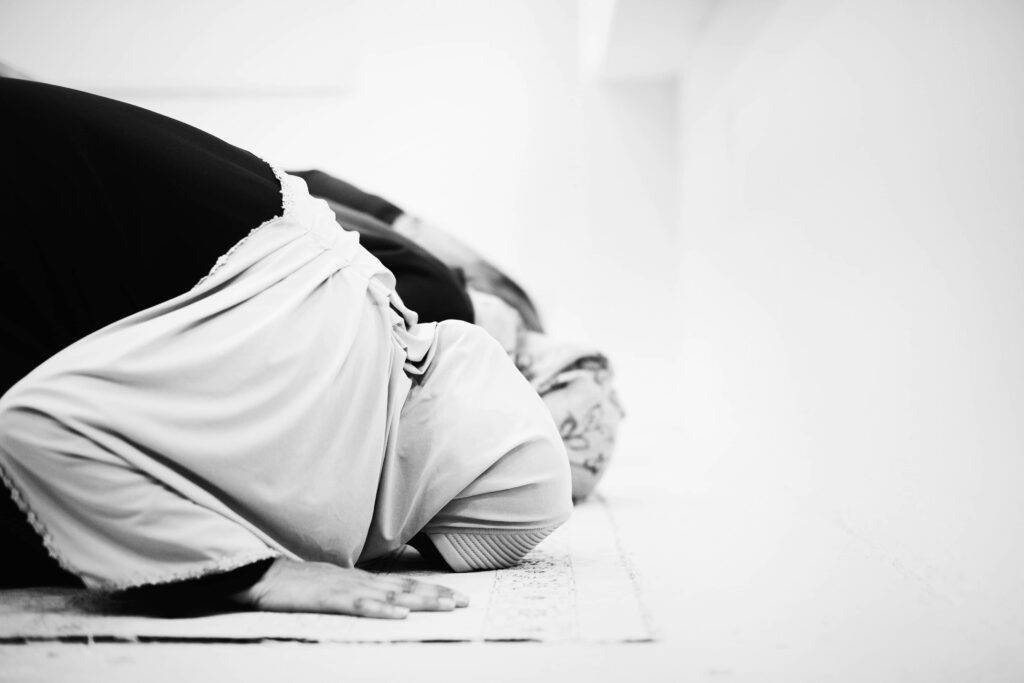
Who can be a guardian
A woman’s wali is originally her father. If there is none, then a grandfather, brother or uncle on the father’s side, a man. In general, an adult relative who receives the right of guardianship on the principle of priority. You cannot step over this principle and violate the order! The right of guardianship passes to the next one if the closest guardian is absent or is not a Muslim.
Most importantly, a guardian cannot be from any of the relatives on the maternal side: neither grandfather, nor brothers, nor uncles.
How to choose a guardian if for any reason there are no suitable relatives
There are times when a woman has no guardian at all. For example, she is an orphan or her relatives are not Muslims. Then the guardian will be a qadi (Muslim judge), if there is none, an imam in the area, or a Sharia scholar. The Messenger of Allah (peace and blessings be upon him) said:
«Any woman whose marriage is not arranged by her guardian, her marriage is invalid, her marriage is invalid, her marriage is invalid. If (the man) has had intercourse with her, then the Mahr belongs to her in return for his intimacy with her. And if there is any dispute then the ruler is the guardian of the one who does not have a guardian» (Abu Dawud 2083, Tirmidhi 1102, Ibn Majah 1879).
If the woman lives in an area where none of the listed people are present, then any fair, religiously knowledgeable brother who is respected in the Muslim community, whom the girl trusts, can become a guardian. A girl can turn to such a person herself or through friends.
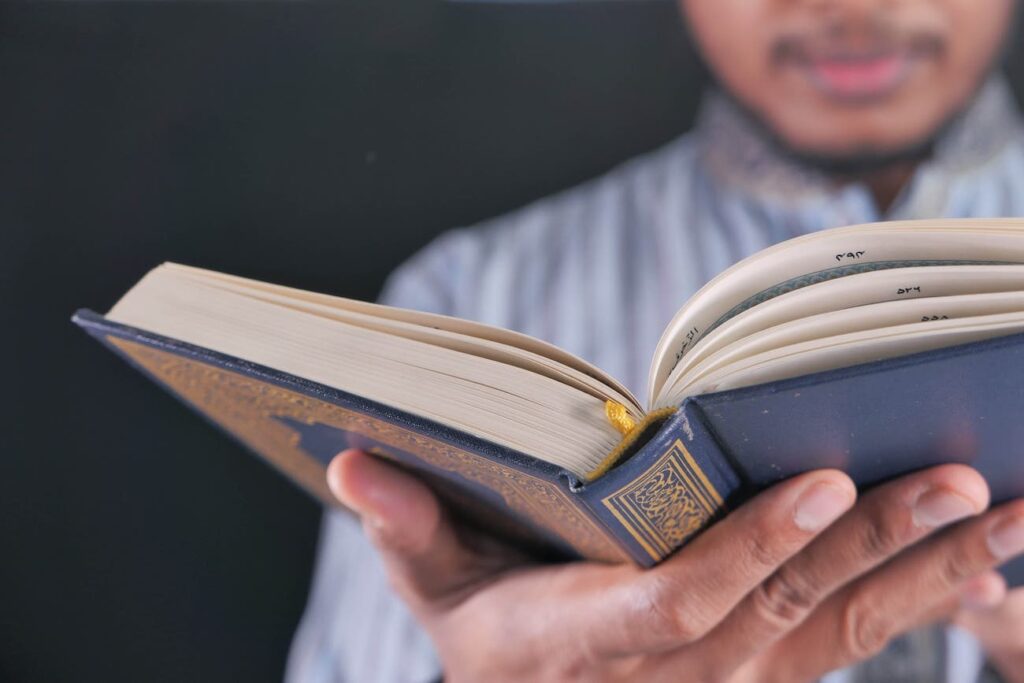
How the guardian should be
Since the wali has a huge responsibility for the fate of the ward, he should have certain qualities.
First of all, the guardian must be a man, because the Prophet (peace and blessings be upon him) said:
«A woman does not marry a woman, nor does she marry herself. Truly, only the adulteress marries herself».
(Narrated by Ibn Majjah (1782). This hadith is also quoted in Sahyih al-Jami'( 7298)
The Wali must also be a Muslim, in his right mind, of legal age and free (not a slave).
He should be fair and take into account the interest of the woman under guardianship. It is desirable that the guardian be a prudent person, able to understand the issues of compatibility and the interests of marriage.
So, if the guardian is not your father or relative, then his choice should be taken very seriously. You have to trust him completely. A woman’s wali is not just a formal witness at a wedding.
This is a person who can protect and help his ward even after marriage. For example, if the husband offends his wife, does not fulfill his duties, then the guardian can intervene at her request and defend the rights of the woman.
It is especially important to contact a knowledgeable guardian in case of disputes on the basis of religion. This happens in families that have recently converted to Islam, where the husband may be wrong but presses with authority, and the woman lacks knowledge. The wali can become a mediator and teacher.
Thus, the choice of the right guardian is primarily in the interests of the bride herself and the family as a whole. Therefore, do not marry without a guardian and choose him responsibly.
